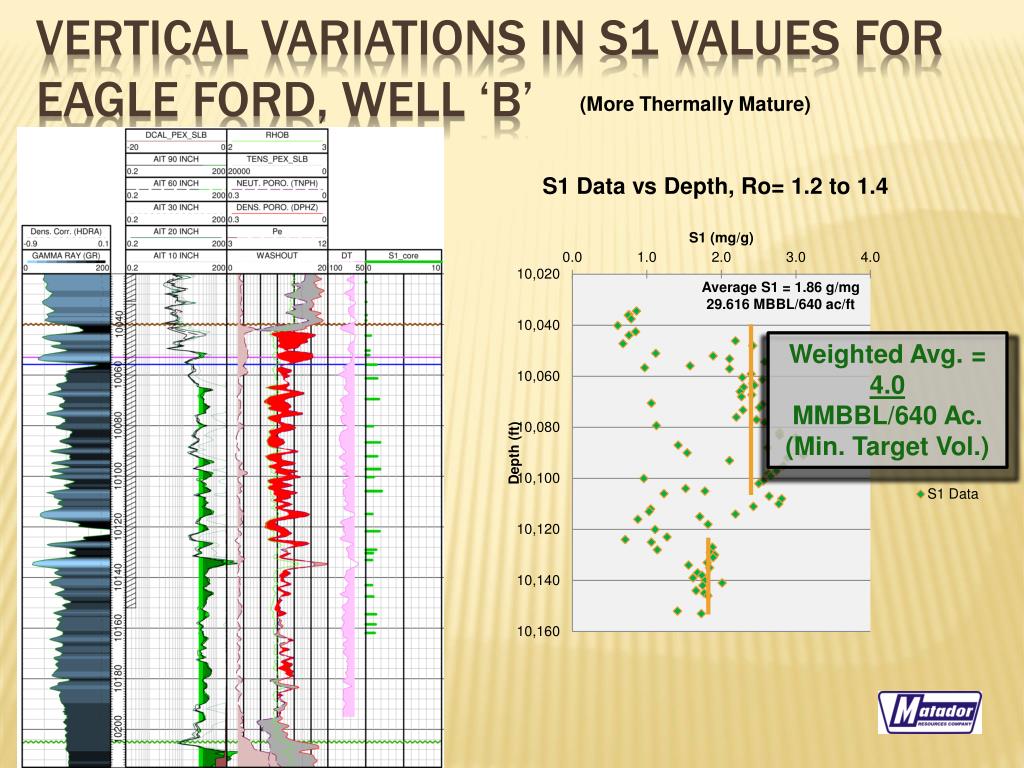

API RP 575 – Inspection of Atmospheric and Low-Pressure Storage Tanks.API RP 574 – Inspection Practices for Piping System Components.API RP 573 – Inspection of Fired Boilers and Heaters.
 API RP 572 – Inspection of Pressure Vessels. API RP 571 – Damage Mechanisms Affecting Fixed Equipment. API 510 – Pressure Vessel Inspection Code. The overall list of API documents available for learning in a vast range of industry topics is much larger. The following list is a small sample of API documents/subjects available on Fixed Equipment and Rotating Equipment. However, a much better and more proactive approach is to learn via training or self-teaching. If you look at most of the smaller companies that don’t have the inhouse subject matter experts available to them, the knowledge related to any topic must be learn the hard way through mistakes. I think this is vitally important as many highly experienced employees reach retirement age and turn over the reigns to the younger less experienced employees. Unfortunately, that continues to be a common theme in the oil and gas industry that we don’t do a good job of learning from each other’s mistakes. However, if we don’t know what is in the document then how do we learn from our mistakes. Several API documents were written in response to a major industry incidents and were put in place to prevent similar incidents– IF followed.
API RP 572 – Inspection of Pressure Vessels. API RP 571 – Damage Mechanisms Affecting Fixed Equipment. API 510 – Pressure Vessel Inspection Code. The overall list of API documents available for learning in a vast range of industry topics is much larger. The following list is a small sample of API documents/subjects available on Fixed Equipment and Rotating Equipment. However, a much better and more proactive approach is to learn via training or self-teaching. If you look at most of the smaller companies that don’t have the inhouse subject matter experts available to them, the knowledge related to any topic must be learn the hard way through mistakes. I think this is vitally important as many highly experienced employees reach retirement age and turn over the reigns to the younger less experienced employees. Unfortunately, that continues to be a common theme in the oil and gas industry that we don’t do a good job of learning from each other’s mistakes. However, if we don’t know what is in the document then how do we learn from our mistakes. Several API documents were written in response to a major industry incidents and were put in place to prevent similar incidents– IF followed. 
However, if you consider the knowledge and potential learning available to you and your team in these documents its worth taking note particularly if your new to industry. This thought also occurred to me– “How many people are really using this wealth of information?” With the everyday workload for most people in industry it is difficult to set aside much time for reading a standard or recommended practice even if its important to your job.

I attended an American Petroleum Institute (API) Equipment Standards meeting recently and was impressed with the number of years of experience and knowledge in the room as different issues were being discussed.








 0 kommentar(er)
0 kommentar(er)
